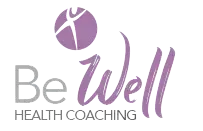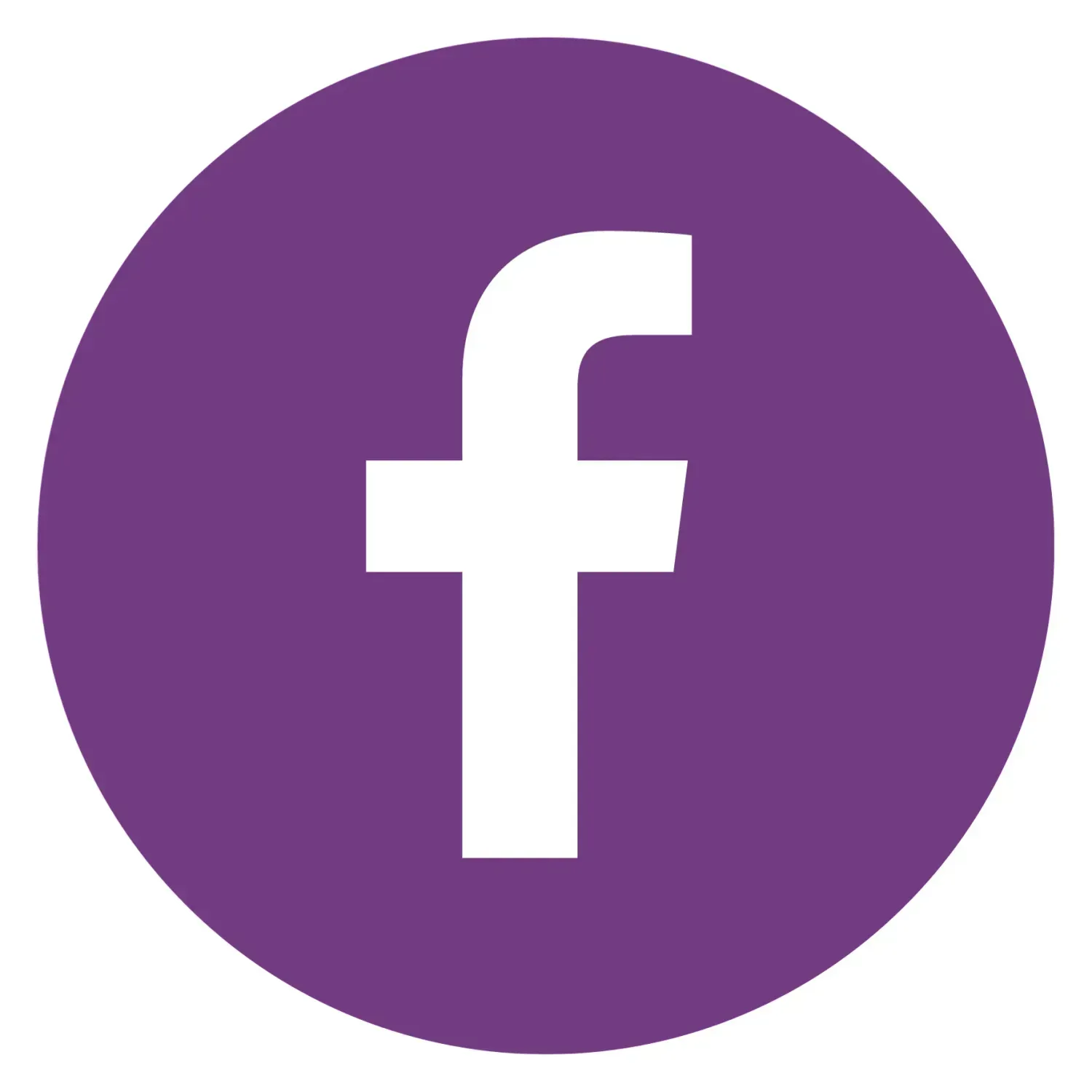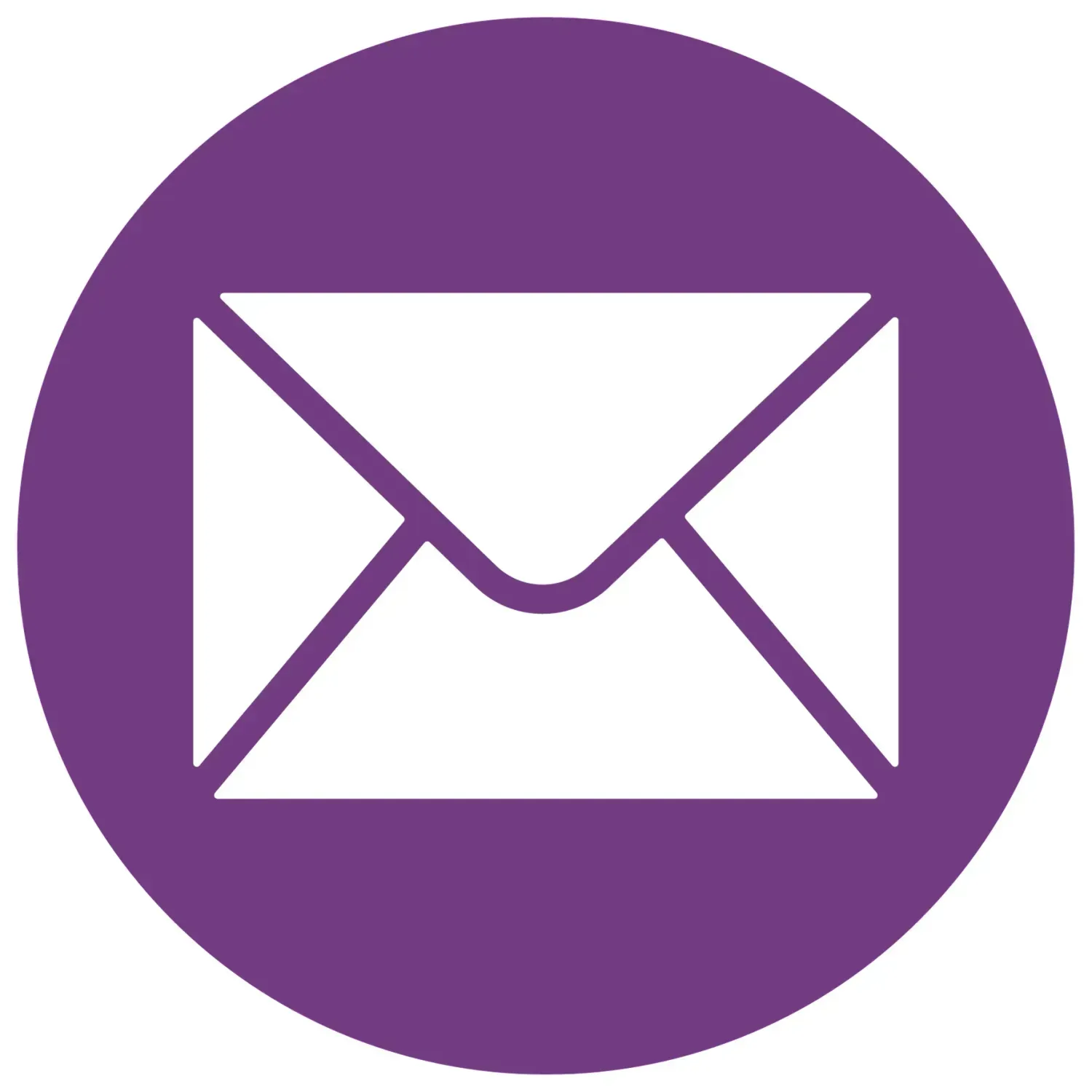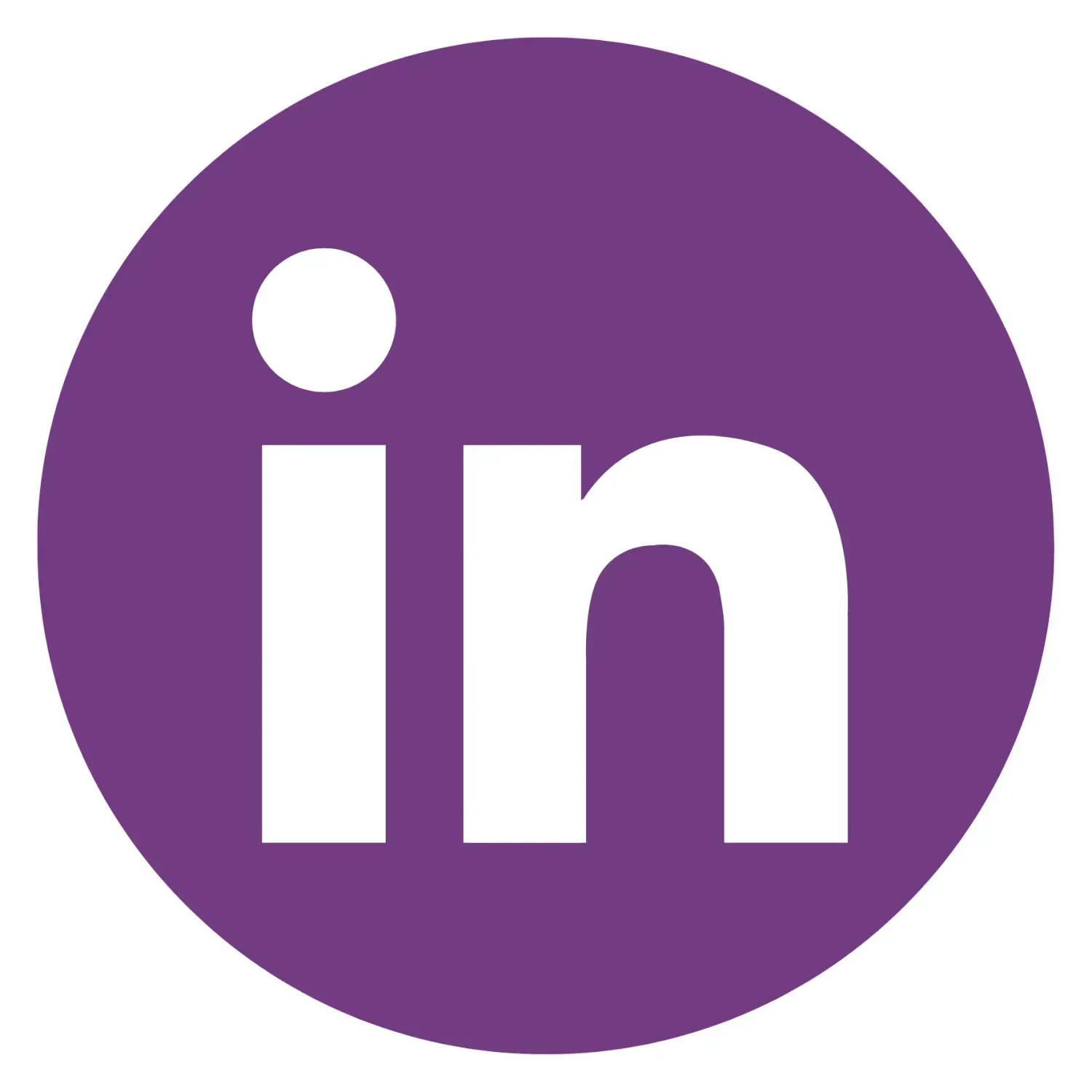Why Protein Becomes a Non-Negotiable After 40 (Especially for Women)
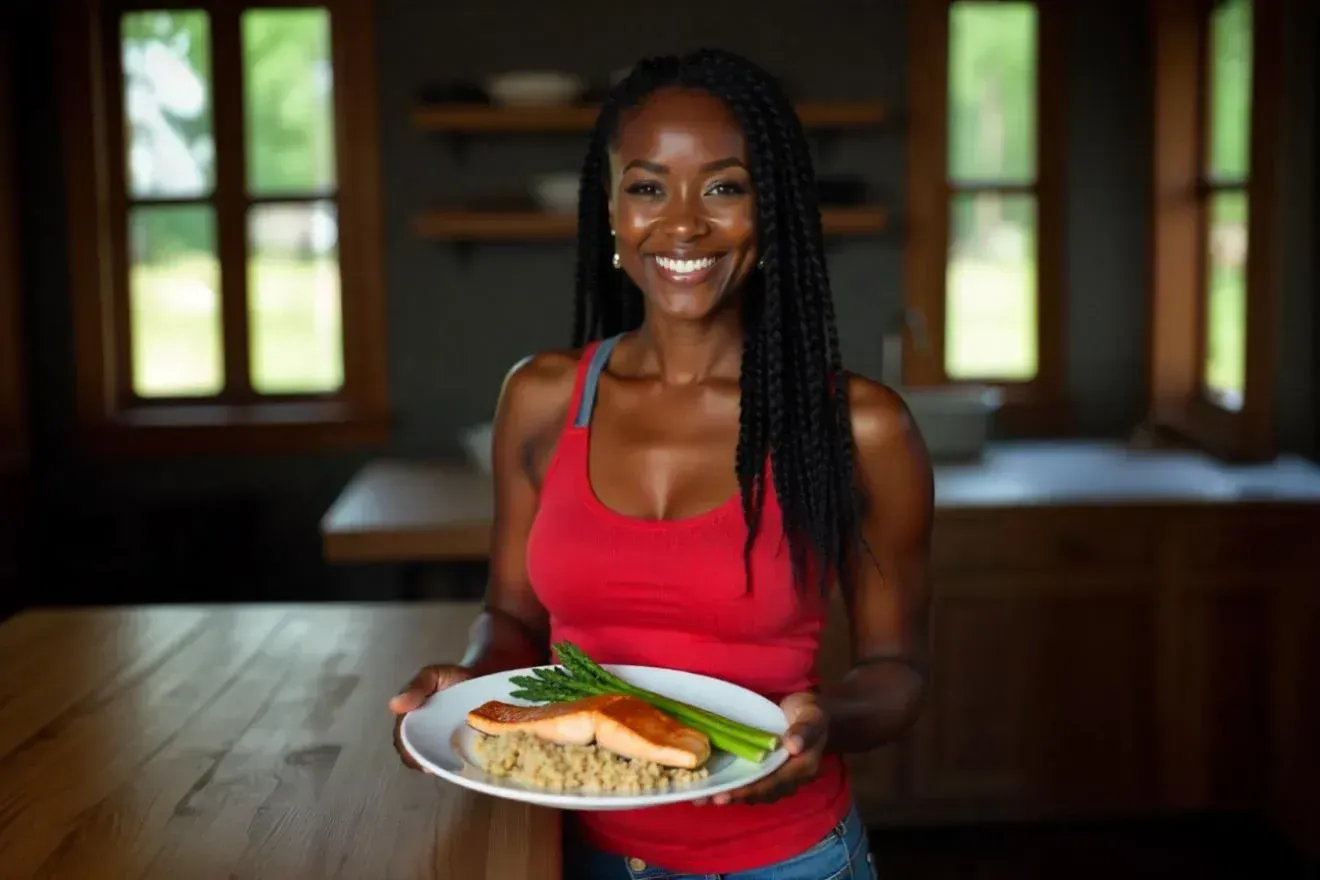
As women step into their 40s and beyond, many begin to notice changes they didn’t expect: stubborn weight gain, increased fatigue, thinning hair, brain fog, and even emotional ups and downs. These changes are often brushed off as "just aging," but there’s a silent culprit behind much of this transformation—not getting enough protein.
In my work supporting midlife women through hormone shifts, gut imbalances, and chronic stress recovery, I’ve seen firsthand how underestimating the power of protein can stall progress and slow healing. Here’s why protein becomes essential (not optional) after 40 and how it can be a game-changer for your energy, hormones, and body composition.
1. Your Muscle Mass is Declining, Unless You Do Something About It
After age 30, we begin to lose 3–8% of muscle mass per decade—a process called sarcopenia. For women over 40, this decline accelerates with the drop in estrogen, making it harder to stay toned and strong.
Why it matters:
Muscle doesn’t just make you look fit, it supports your metabolism, balances blood sugar, and protects against falls, fractures, and frailty. Without enough protein (and strength-building activity), you’re likely losing muscle even if your weight stays the same.
2. Lack of Protein Can Lead to Muscle Wasting and Even Loss of Mobility
Not getting enough protein doesn’t just mean you feel a little weaker, it can have serious, life-altering consequences. Over time, inadequate protein intake contributes to muscle wasting—a condition where your body breaks down muscle tissue for energy because it’s not getting enough from food.
This is more than just a cosmetic concern. Muscle wasting can:
Decrease balance and coordination.
Increase your risk of falls and fractures.
Make everyday tasks (like getting out of a chair or climbing stairs) harder.
Lead to sudden or progressive loss of mobility.
In extreme cases, a protein-deficient diet over time can contribute to someone suddenly being unable to walk, especially if compounded by inactivity, chronic inflammation, or illness. I’ve seen this in both older clients and women in midlife who pushed through symptoms for too long without properly supporting their body.
3. Protein Supports Hormonal Balance
Hormones like insulin, cortisol, and even estrogen are impacted by your diet and protein plays a stabilizing role. It slows the release of glucose into your bloodstream, helping prevent the blood sugar rollercoaster that worsens hormonal symptoms like hot flashes, anxiety, mood swings, and belly fat accumulation.
Bonus:
Protein-rich meals help reduce cravings and emotional eating, both of which often spike during perimenopause and menopause.
4. It’s Critical for Bone Health, Not Just Calcium
Think bone health is all about calcium? Think again. Bones are made up of a collagen-protein matrix. Without enough dietary protein, you can’t maintain that structure, especially in the face of declining estrogen, which accelerates bone loss.
Key takeaway:
Protein, along with strength training and nutrient support, is essential in preventing osteoporosis and maintaining bone density in midlife.
5. It Helps With Detoxification and Immune Function
Your body depends on amino acids (from protein) to produce key detoxification enzymes in the liver and to build immune cells. If you’re navigating mold toxicity, gut issues, or high toxin exposure (which is common in midlife), your need for protein is even greater.
Functional insight:
I often see women trying to "detox" with green juices and light meals but without enough protein, your body can’t fully clear toxins. Protein helps you detox better, not less.
6. You Likely Need More Than You Think
Most women I work with are under-eating protein without realizing it, especially if they’re skipping meals or relying on quick snacks. The RDA (Recommended Daily Allowance) is the minimum to avoid deficiency, not to thrive. For women over 40, aiming for 0.8–1.0 grams of protein per pound of ideal body weight (spread throughout the day) is often more appropriate for optimal health, muscle preservation, and metabolic function.
How to Get Enough Protein Without Overcomplicating It:
Start your day with protein: Think eggs, turkey sausage, Greek-style dairy or non-dairy protein shakes with clean ingredients. (Yes, I love using protein powder in creative ways like high-protein muffins, pancakes, or even popcorn!)
Add protein to every meal and snack: Nuts, seeds, beans, lentils, lean meats, fish, collagen, or a clean protein bar can all work.
Prioritize protein at lunch and dinner: A palm-sized portion of high-quality animal or plant-based protein is a good rule of thumb.
Don’t forget your movement: Protein and strength training go hand-in-hand for midlife health.
The Bottom Line
Protein isn’t just for bodybuilders, it’s your ally for aging well, balancing hormones, and supporting your body through the transitions of midlife and beyond. If you’ve been feeling tired, inflamed, or stuck in a cycle of fatigue and weight gain, reevaluating your protein intake may be the missing piece.
If you want help getting started, I invite you to book a Health Recovery Call with me. We’ll review your current routine, spot where your body may be undernourished or overstressed, and map out a personalized plan using my LIGHT Method to bring your hormones, mindset, and body back into alignment.
You can also choose to book my 2-Day Clarity & Confidence Jumpstart. This isn’t about cramming more into your already full plate — it’s about two gentle, focused days where you have my eyes, ears, and expertise fully on you, helping you clear the fog, regain balance, and feel in control again.
Ready to begin your journey?
Nationally Board Certified Health and Wellness Coach, NBC-HWC
Certified Functional Medicine Health Coach, FMCHC
Midlife Hormone Mastery Coach
"Helping women overcome hormone imbalance & gut issues naturally."
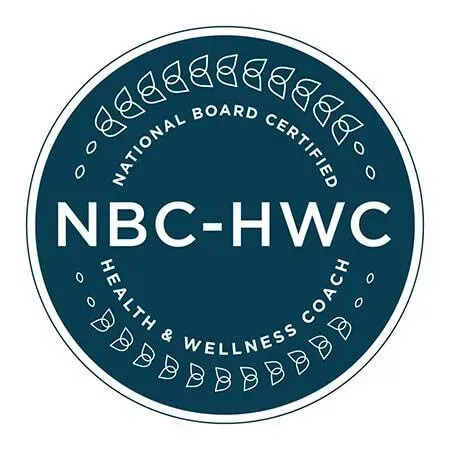
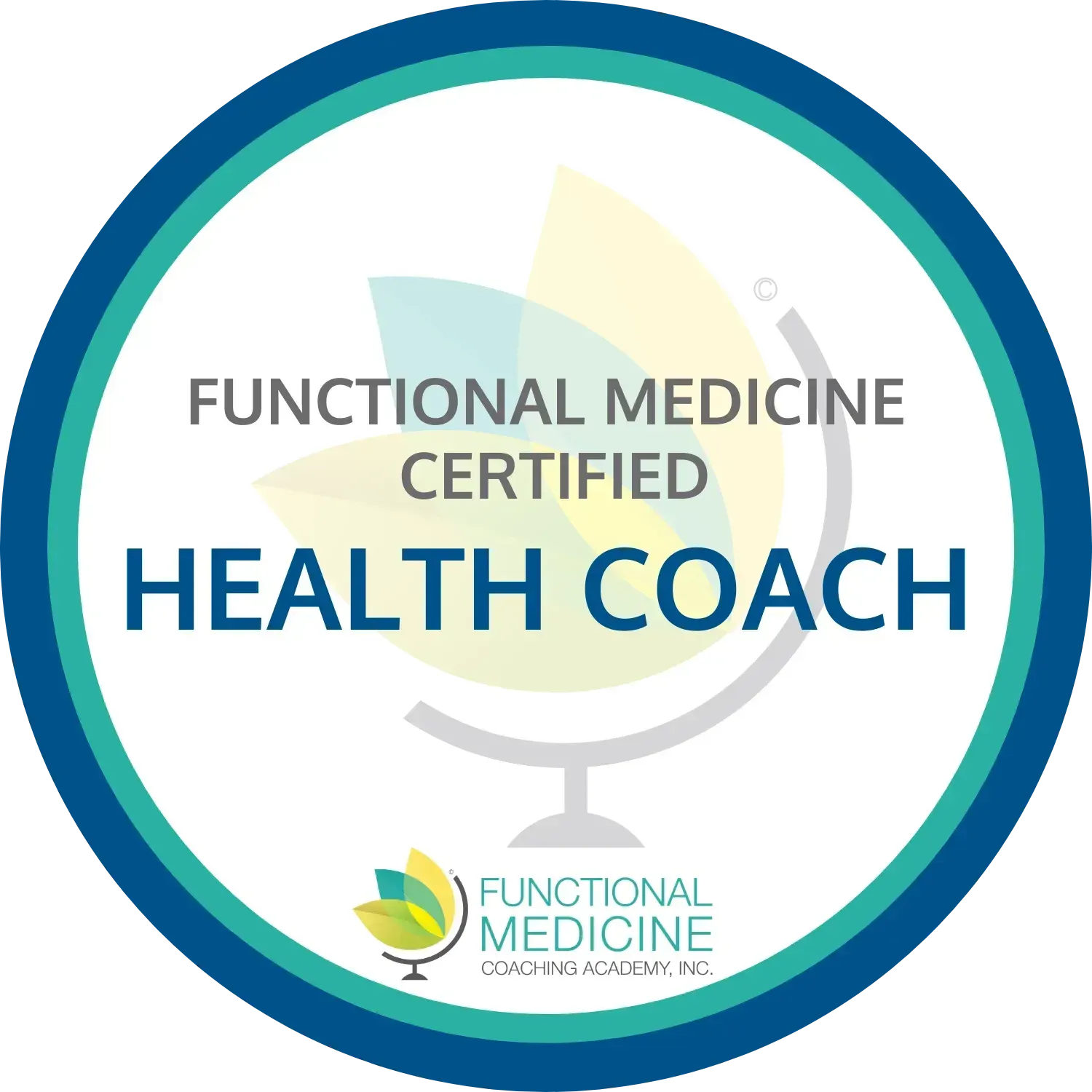
Copyright © 2023-2025 Be Well Health Coaching, LLC | All Rights Reserved | Privacy Policy | Disclaimer

